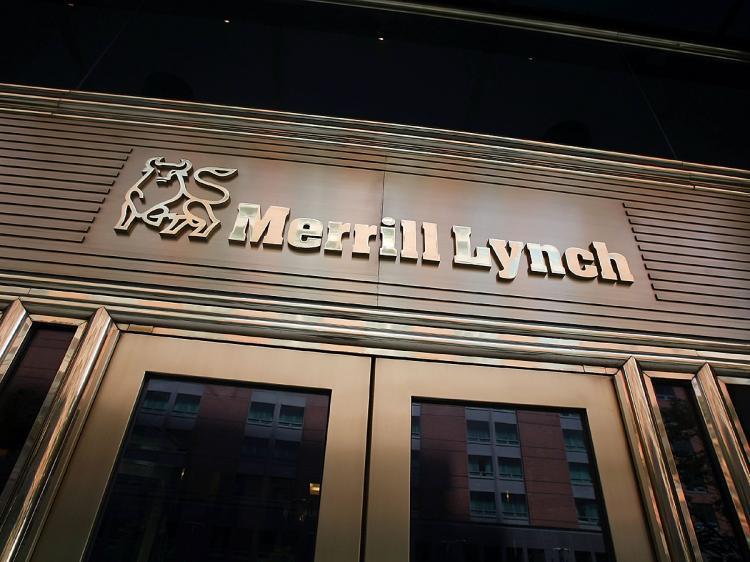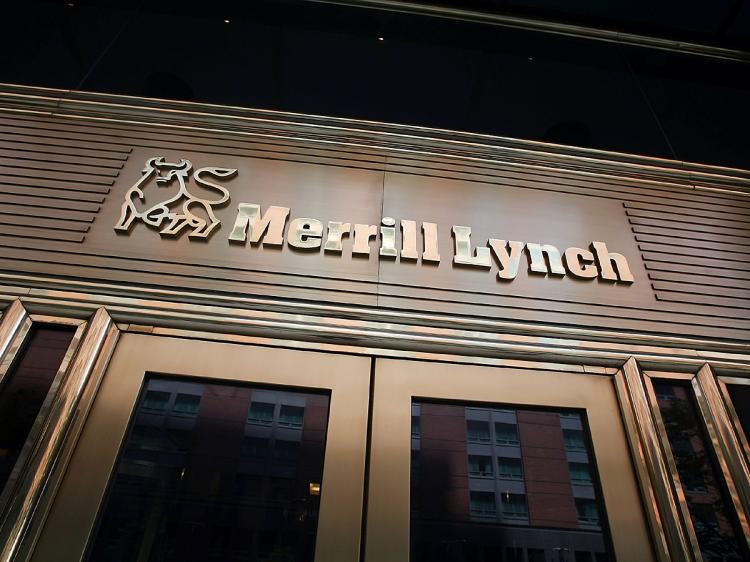Much hoopla has been made regarding the viability of the “mark-to-market” rule, which states that banks must report the value of their assets at the current market value, or the value that could be fetched on the open market.
The rule could be easily applied to most financial assets, such as a share of stock or a bond. Prices for stocks and bonds can be easily obtained from the open market, eliminating any doubt to their assigned value.
However, “mark-to-market” accounting became an issue as the market for complex derivatives and mortgage-backed securities dried up. When there is no market for an asset, it becomes difficult to tell exactly how much an asset could fetch on the open market.
And as the credit crunch worsened and the mortgage bubble popped, nobody was willing to purchase these securities—driving down their perceived values and forcing banks to take billions of dollars in losses.
Banks argue that the rule, which directly contributed to billions in losses, was unfair. Banks were forced to slash the value of assets as if they were sold on the market, even when the banks have no intention to sell them. The drop in value for mortgage-related securities could be temporary—prompting banks to wonder why they should be forced to revalue these assets at all, unless they are planning to sell them.
But accountants, the FASB, regulators, and investors have argued that not reflecting the current value of assets could be misleading and companies can easily hide their losses.
In the end, the banks were awarded with a victory—the “mark-to-market” rule has been somewhat altered by FASB last week. Banks now can use judgment to determine the value of their assets, based on when they plan to discard them and the perceived quality of the assets. The days of “losing billions of dollars without a single action” are over.
What does this all mean? In the short term, banks such as Merrill Lynch and Citigroup can rest easy and may even be able to recoup some losses.
But in the end, unless our economy improves and employment rate drops—enabling homeowners to make mortgage payments—worthless mortgage-backed securities will still remain worthless.






